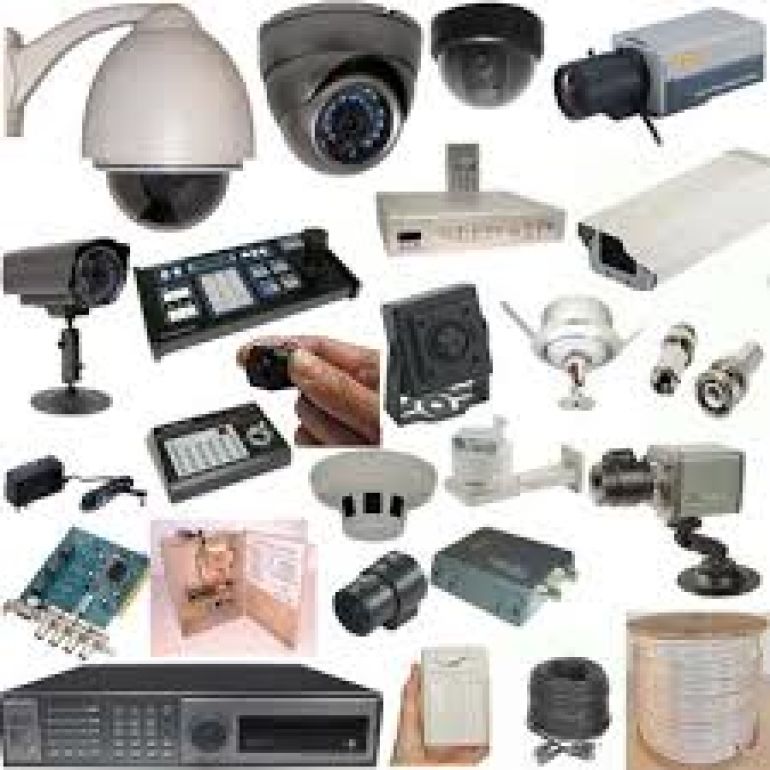Guide to Selecting the Right Security System

People install security systems primarily to prevent theft and damage while they're away from their home. It can also make you feel more secure while you're at home, particularly if you live alone.
So you have to ask yourself - why do you need a security system and how much do you need? Is your neighbourhood generally safe? Will a visible alarm system be enough of a deterrent? Or even a dog with a really loud bark? Or are you in a more at risk area with more valuables in your home?
The next question to ask is what needs to be protected? Just your house? Your garage as well? The entire property? The size and layout of the area that needs to be covered can make a difference to the type and amount of security you need.
So the question is: How much should you spend on your Security System?
It's always a balancing act to find a suitable solution that also rests within your budget. Security Systems will vary between hundreds to thousands of dollars, then with extra add-ons thrown into the mix as well. You will also most likely have the choice of buying or leasing your system. While buying always works out cheaper in the long run, you may only require the additional security for a short time - the trick with leasing security is to avoid being trapped into long-term contracts.
There is also the option of monitored or unmonitored systems. In the case of monitored systems a security company will charge you an additional fee and in return 'monitor' your house for you, providing you with greater security.
What is a Home Security System made up of?
There are various elements to home security systems and they will vary depending on the setup you choose to install and what extra features you add, however the basics are:
- The control panel. Essentially this is where the system is controlled from. If yours is a monitored system then this is where it's connected to the phone line.
- Your key pad. This is your control for turning the security system on or off. Usually it would be found at the front or back door and you would need to enter a code for it to activate.
- The siren. The noisy alarm that goes off, letting you, your neighbourhood and the intruder know that the security system has been breached.
- Window and door contacts. These are sensors that will alert your security system if a window or door is opened. In the case of doors you are given a time limit to deactivate the security system before the alarm will go off.
- Internal motion detectors. As the name states, these detect motion inside your home. You can have special systems installed to prevent any pets you might have from setting off the system.
How should your security system be set up?
You can choose for your system to be a wireless or wired set up. For someone installing the system themselves a wireless system is always the easier choice - no drilling into walls and trying to run new wires throughout the house. There is a difference in cost, however - wireless systems will be more expensive than the wired ones.
You can also choose for your system to be monitored or unmonitored. As previously mentioned, a monitored set up is where you hire a security company to monitor the system for you. The necessity of this set up depends on your situation. If you live in suburbia where your neighbours are likely to notice an alarm going off and contact you a monitored system may not be necessary. Whereas if you're living alone in a more rural setting it may be that no one would hear your alarm going off - except the monitoring station.
Selecting the right installer and monitoring company
It's important to compare installers and monitoring companies as price will vary between them. The best way is to ask other people what systems they use or to post a job here on Service Central's website and compare the feedback given to different providers. You may also want to consider if they charge extra for false alarms, or how many they will allow you to have before they start charging.


